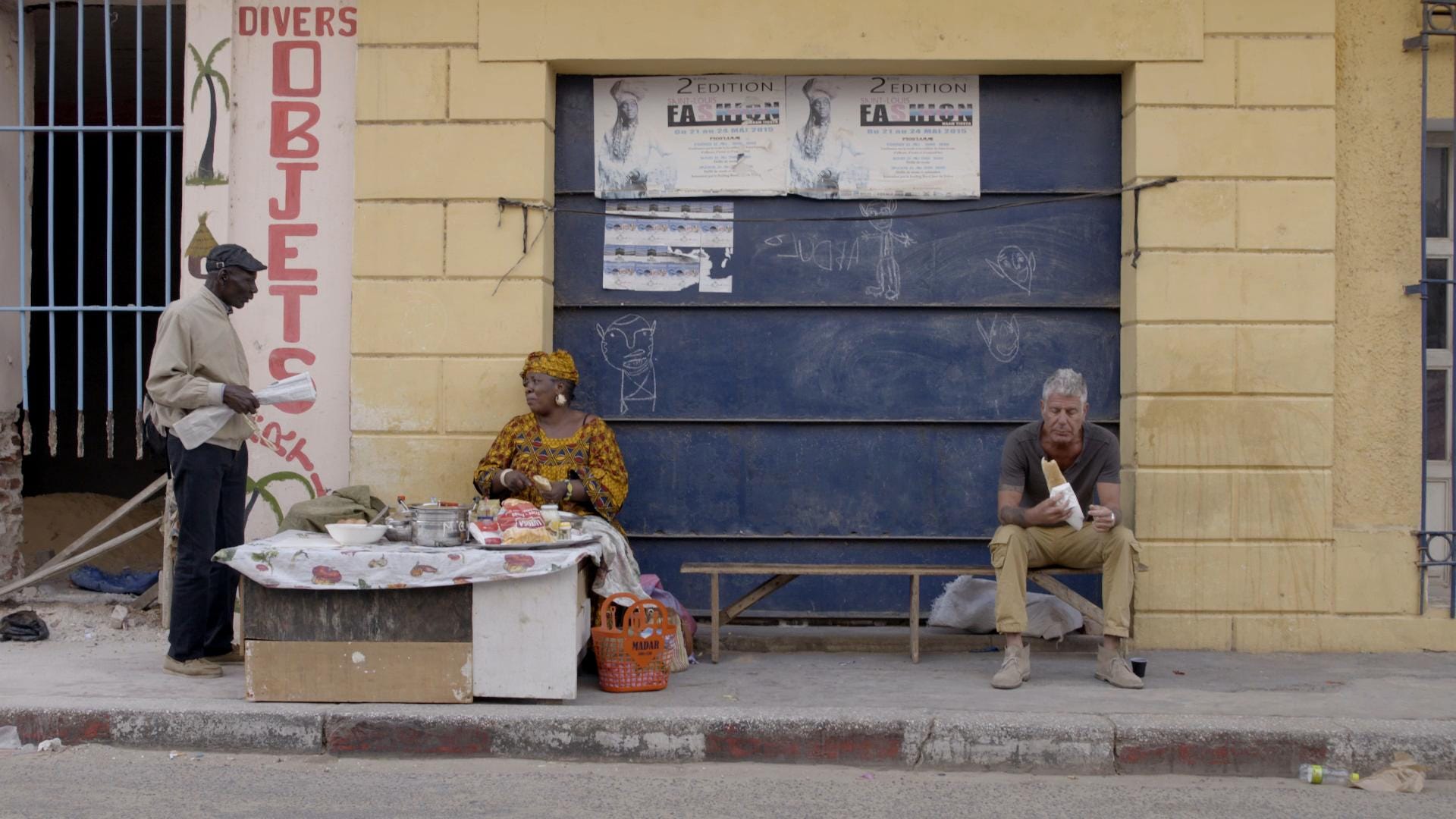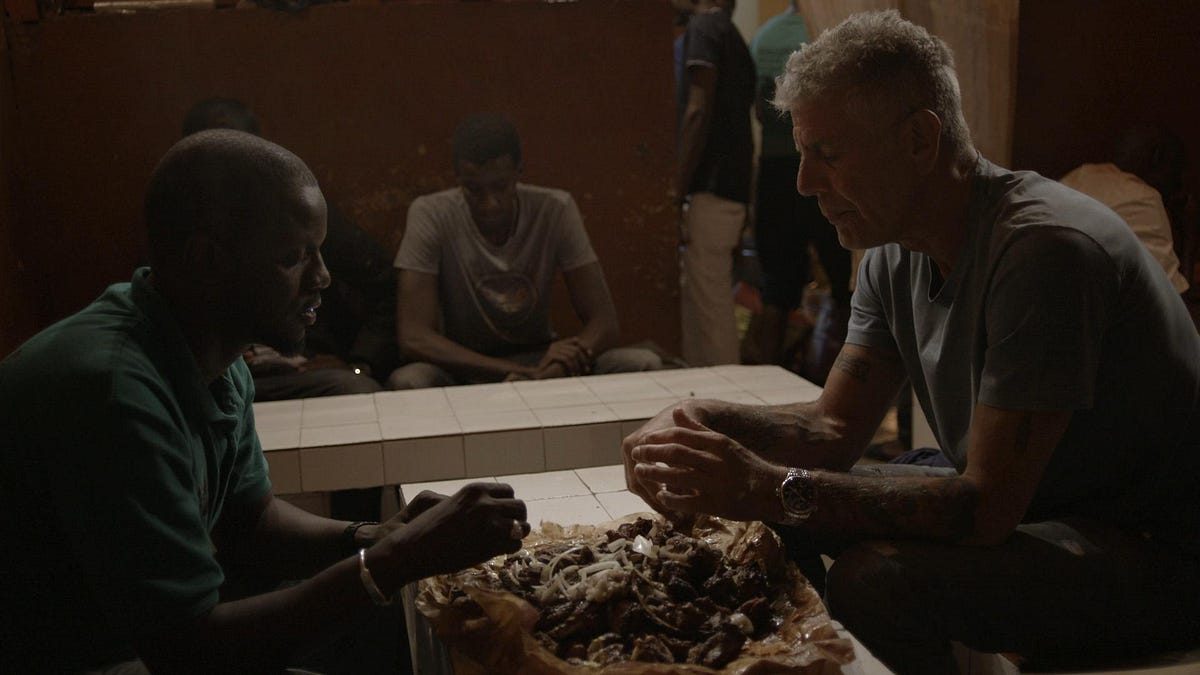To Find Progress in Nigeria, Think Local
President Buhari has struggled to deliver reform during his first year in power. Time to look to the states.
On May 29, it will be one year since Nigeria’s president Muhammadu Buhari took office. His electoral triumph and no-nonsense style sparked high hopes in a country fatigued by chronic corruption, poor infrastructure, the Boko Haram insurgency, and the incompetence of his predecessor, Goodluck Jonathan. But it hasn’t been an easy year for Africa’s largest economy, which has been stunned by the drop in the price of oil — the main source of government revenue and nearly the sole source of foreign exchange.
So what has Buhari accomplished?So what has Buhari accomplished?
The evidence is contradictory. On one hand, for instance, a vast anti-corruption campaign is under way — in a country that
badly needs it. Buhari re-invigorated the Economic and Financial Crimes Commission, the country’s lead anti-corruption agency, with aggressive new leadership. Every week brings
news of prominent figures being questioned; the sums reportedly in play can reach billions of dollars. But the targeting feels haphazard, the methods are unclear, and running well-handled prosecutions in the country’s creaky justice system is a challenge.
Buhari also appointed new leadership at the all-important state oil company, the Nigeria National Petroleum Corporation (NNPC). Investigations have shown that billions in revenue due for the public treasury have vanished inside the NNPC in recent years. Now the company is making a commendable effort at transparency,
publishing accounts for the first time in years. But the oil sector is still in trouble. There is almost no working refining capacity, so gasoline is imported under a creaky license and subsidy regime that breeds chronic fuel shortages. Meanwhile, militants are sabotaging oil production facilities in the Niger Delta. Just cleaning house won’t be enough.
On the positive side,
Boko Haram seems to be at bay, but for most Nigerians — except those in the war-affected northeast — it’s not even a major issue. The real problem is the country’s mounting economic crisis. Foreign exchange is scarce and rationed by the government at nearly twice the value that the national currency, the naira, fetches on the black market. Inflation is rising, and the economy contracted in the first quarter of 2016. Daily life is tough, and not just for the poor. Middle-class Nigerians spend vast amounts of time fighting bureaucratic hassles and looking for fuel for their cars and their at-home generators, since the electricity utilities rarely supply power.
Against this ziggurat of problems, all of which have both proximate causes and underlying ones that have festered for decades, the Buhari government has appeared at some times inert or incompetent, at others, purposeful and aggressive. There’s evidence to back every narrative, and Nigerian social media, where an ever-growing share of the population thrashes out its impressions, contains them all.
Nigerians have every right to expect decisive leadership from their chief executive. But the presidency shouldn’t be viewed as the only potential source of change. Nigeria is a federal republic, with 36 socially and economically diverse states. This creates room for experimentation:
What the federal government can’t get done, perhaps the states can.What the federal government can’t get done, perhaps the states can.
Devolution of power is somewhat shallower in Nigeria than in some other federations, such as the United States. Still, the states have real authority, and having a reformist state government instead of an old-school, corrupt one makes a real difference to the business environment, the provision of public services, and ordinary people’s lives. Moreover, with populations between 2 and 20 million, Nigeria’s states are better-sized for reform than the national behemoth. And the lack of any real ideological differences between Buhari’s All Progressives Congress, which controls 22 states, and the opposition People’s Democratic Party, which has 13, makes a favorable environment for emulating reforms that deliver. (There is one third-party governor, in Anambra state).
When Buhari took office, so did some 20 new governors. As in the past, some states are proving better run than others. The difference now is that the collapse of oil revenue makes it urgent for the states to find new ways to support themselves. In 2014, according to fiscal watchdog
BudgIT, federal transfers accounted for 75 percent of total state revenues. Almost all that money came from oil revenue allocated — “shared,” in Nigerian parlance — from the federal account. Now, this source of funds has shriveled. Boosting their own resources (known as IGR, or internally generated revenue) is crucial for the states to keep services running. But it is also the key to future policy autonomy and the ability to progress no matter what happens (or doesn’t) in Abuja, the national capital.
There is room to grow. A
BudgIT analysis of monthly revenue for the first half of 2015 found only one state (Lagos) where IGR made up more than 50 percent of revenue. In a cluster of states, it accounted for 20-25 percent of revenue; in the poorest ones, especially in the north, it was as low as 5-10 percent. In part, the level of development of the local economy helps explain the variation. But another reason is that Nigeria is disastrously under-taxed: according to widely cited estimates, tax collection is only 7 percent of GDP, most of it from the oil sector. The real economy is far more diversified than its revenue base suggests. According to a Nigerian banking institute, at least $11 billion in non-oil-based taxes
escape the government each year.
In the past year, the two states where new governors have taken the most aggressive policy steps are Kaduna, a big, relatively poor state in the north that has been highly dependent on federal transfers, and Lagos, the commercial hub, which has the healthiest state economy and lowest reliance on Abuja. Combined with more tentative efforts in other states, this suggests that leadership and political will, not the underlying condition of the local economy, are the crucial factors for progress in governance.
In Kaduna, a former industrial powerhouse that has fallen on hard times, the hard-charging new governor,
Nasir El-Rufai, has launched a volley of reforms: a biometric census of civil servants, an electronic land registry, removing middlemen from subsidy distribution, eliminating school application fees, starting free meals in primary schools, and more. He has instituted a Treasury Single Account (TSA), combining all the state’s revenue streams into one place, so that various agencies are not tempted by waste or graft. El-Rufai has also reduced the number of state ministries, appointed a relatively young, technocratic team, and has brought in the respected former head of the national tax agency to advise on state tax reform. And while data is kept close in most states, Kaduna is partnering with BudgIT to set up an open-budget electronic platform.
The governor of Lagos, Akinwunmi Ambode, had the advantage of a much stronger foundation. Tax collection grew twentyfold from 1999 to 2015 under previous governors. Revenue management was opaque, however. To address this, Ambode also instituted a TSA, in September 2015. According to the state finance commissioner, merging the accounts has
already saved the state 6 billion naira ($30 million at the official rate); restructuring the state’s debt portfolio has also saved money. A loan scheme for new small businesses began this year; the governor has promised to complete a long-delayed light-rail line, and secured federal support and cleared right-of-way issues for another. On May 25, four days before his own first-year anniversary, Ambode signed an agreement with a private consortium to build a massive and much-needed new highway and bridge across the Lagos lagoon, boasting that it would require no federal funds.
Some other states are also taking steps to improve governance and grow revenue. In Ogun state, next to Lagos, second-term governor Ibikunle Amosun has overseen a substantial rise of internal revenue, including a 49 percent jump in 2015, according to the
National Bureau of Statistics. These results follow a campaign to widen the tax net, with improved enforcement and more competent staff. In Anambra state in the east, internal income grew by nearly 30 percent in 2015; there, the government is
replacing often-corrupt collectors with a network of point-of-sale devices.
On the whole, however, more states are in trouble than are finding their way out of it. In 2015, only 11 states grew their tax intake, while the others saw mild to disastrous declines. According to BudgIT, in the first half of 2015, 19 of 36 states were unable to meet recurrent expenditures (such as paying salaries). In July 2015, 27 states sought a federal bailout; there are now controversies about whether some of those funds were mismanaged.
Nigeria’s states cannot afford to wait for the federal government to turn the ship around. Emerging from oil dependency requires policy innovation at both the federal and state levels. Better information would help, too. Most state governments are poor at public communications, and the quality of journalism drops off precipitously as you get further from Lagos and Abuja. Lack of scrutiny, in turn, breeds complacency. But when Buhari comes up for reelection in 2019, most governors will too — and any improvements in Nigerians’ lives will have come as much from their performance as from his.
In the photo, Lagos governor Akinwunmi Ambode raises victory signs after casting his vote on April 11, 2015.










